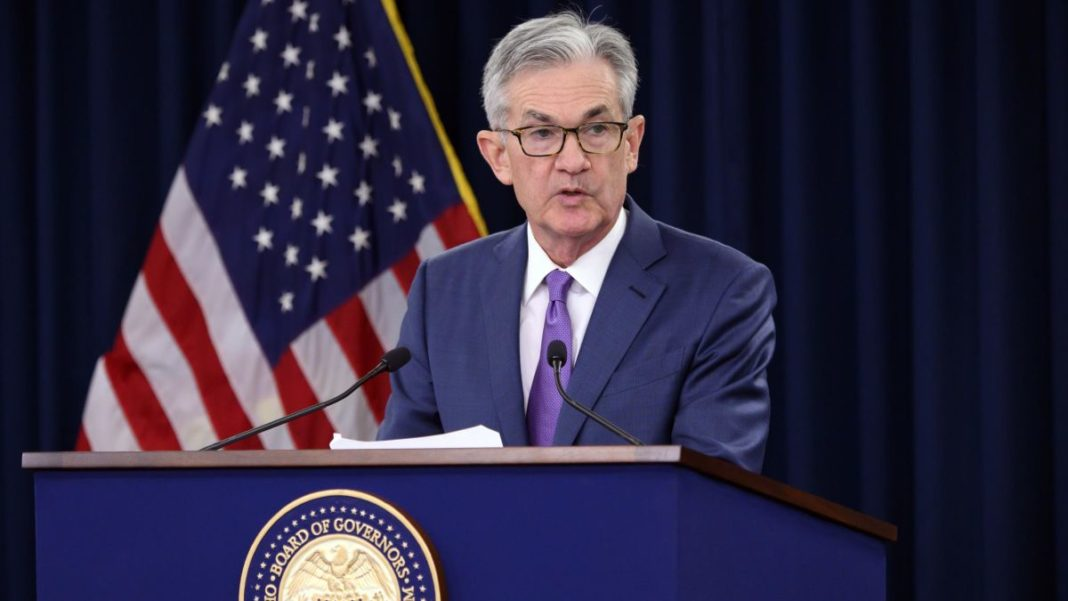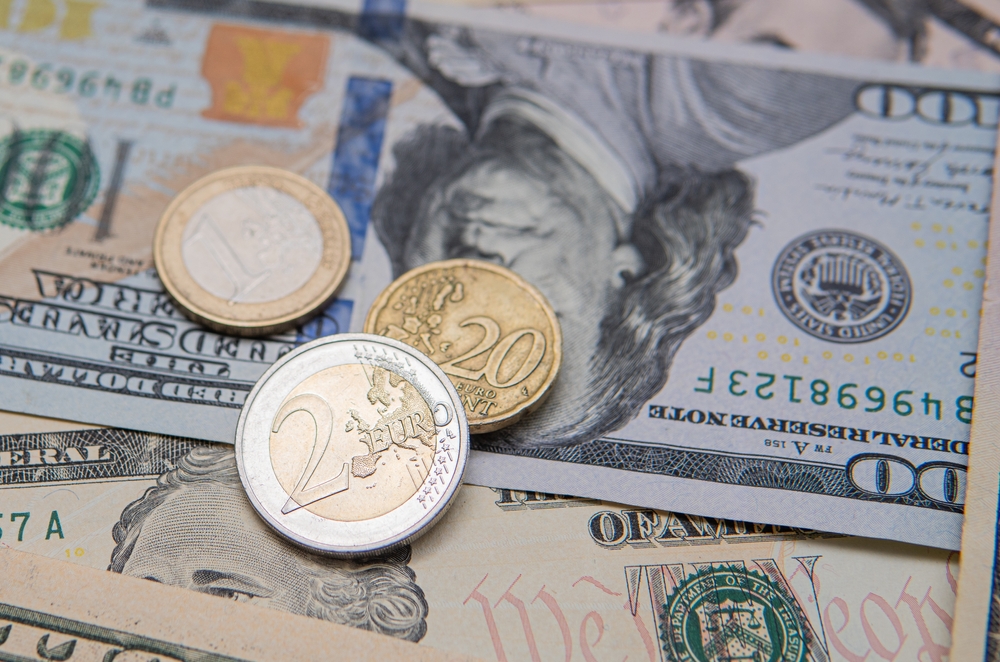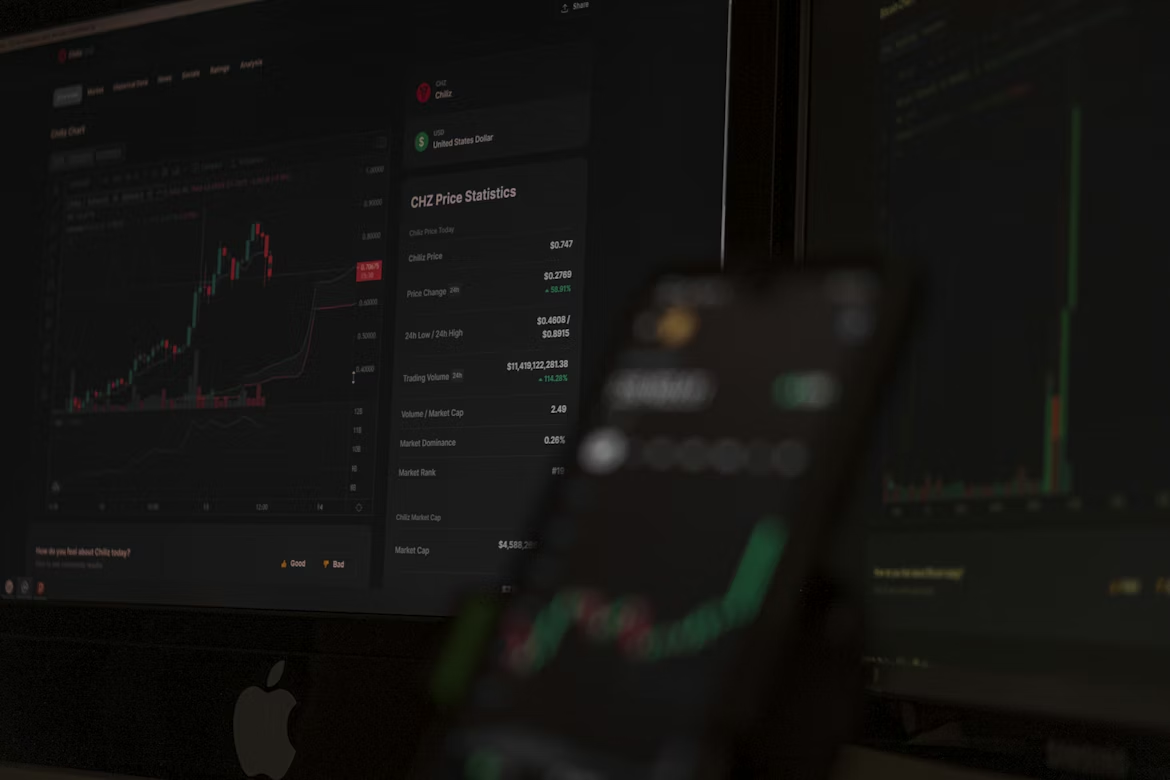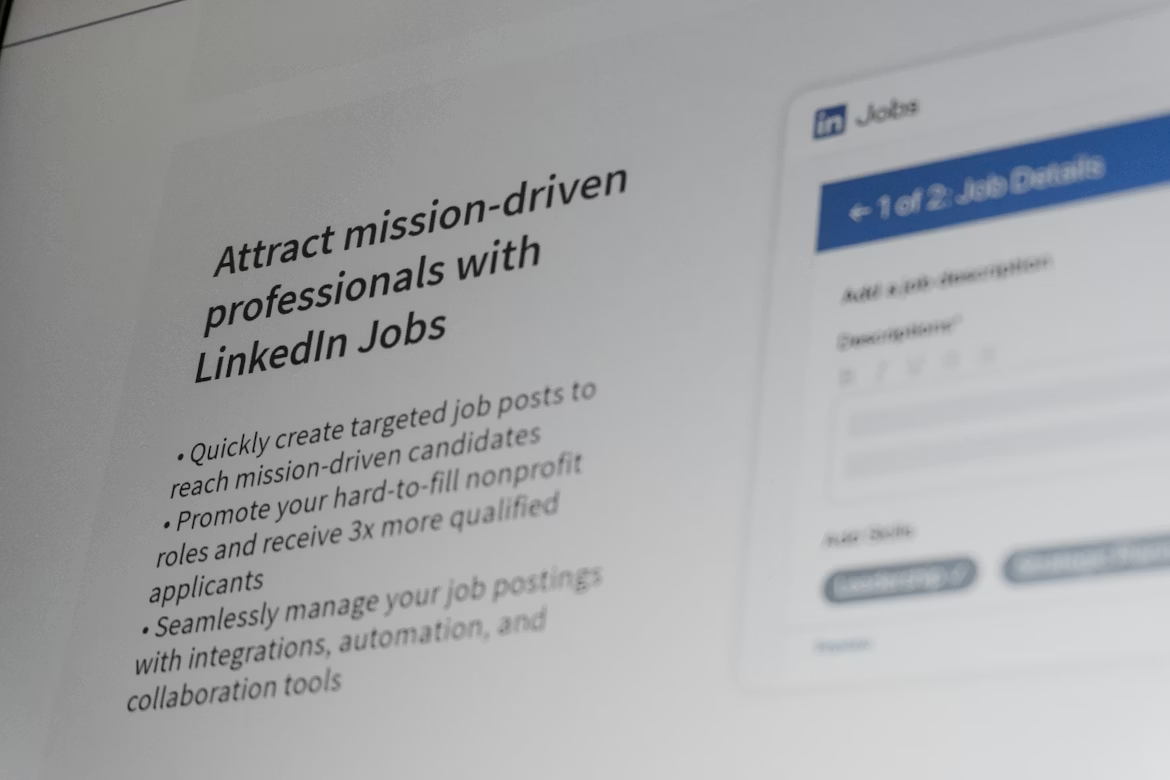EQUITIES
Asia-Pacific stocks were mixed in Monday trade. Chinese shares climbed on their return from a week-long holiday. The mainland Shanghai composite jumped 2.02% while in Hong Kong, the Hang Seng index slipped 0.27%.
The Nikkei 225 in Japan dipped 0.79%, and South Korea’s KOSPI shed 0.38%. Elsewhere, the S&P/ASX 200 in Australia was flat.
European stocks are expected to open higher later today as investors continue to consider last week’s jobs data from the U.S. and central bank decisions in Europe.
OIL
Oil prices fell on Monday after signs of progress in U.S.-Iran nuclear talks. The talks were expected to be nearing a conclusion on reviving a deal restricting the OPEC country's nuclear weapons development. If the U.S. lifts sanctions on Iran, the country could boost oil shipments, which would raise crude supply.
Oil still lingers near seven-year highs amid concerns about supply given by frigid U.S. weather and ongoing political turmoil among major world producers.
The Brent now traded at $93.59 per barrel, and the U.S. crude futures traded at $91.94 per barrel.
On Friday last week, the Brent futures ends at $93.27 a barrel, while the WTI crude oil prices closed to $92.31 per barrel, marked their seventh straight weekly gain.
CURRENCIES
The U.S. dollar index, which tracks the greenback against a basket of its peers, was flat at 95.576 on Monday, after shedding 1.8% last week.
The benchmark 10-year US Treasuries hit their highest levels since December 2019 last Friday after a surprisingly upbeat jobs report, and at 1.907% on Monday.
GOLD
Gold prices rose on Monday as growing worries over broadening price pressures lifted the metal's appeal as an inflation hedge and helped cushion pressure from higher U.S. Treasury yields.
Gold was a shade firmer at $1,810.40 an ounce, hovering close to its highest nearly a week reached last Friday, while U.S. gold futures edged up 0.2% to US$1,811.40.
ECONOMIC OUTLOOK
Except for the rising mainland China’s equities, other Asian share markets mostly eased on Monday after stunningly strong U.S. jobs data soothed concerns about the global economy but also added to the risk of an aggressive tightening by the Federal Reserve.
Chinese shares climbed on their return from a week-long holiday, with sentiment boosted by Friday’s jump in Hong-Kong listed names and easing concerns about regulatory headwinds for the nation’s battered tech sector.
Central bank decisions last week continue to dominate market sentiment. Last week, investors digested the latest decision from the European Central Bank, which kept interest rates unchanged despite record inflation levels across the eurozone. Meanwhile, the Bank of England hiked rates in its first back-to-back interest rate rise since 2004.
Geopolitics also remained a worry as the White House warned of an imminent Russian invasion could happened any day. French President Emmanuel Macron prepared for a trip to Moscow.













